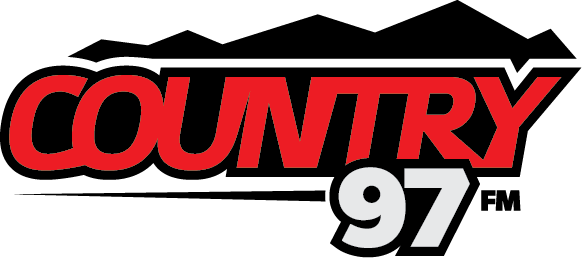“It is a good reminder for us all that governments may not be as powerful as they think they are compared to large, private corporations.”
Those are the words of UNBC Senior Political Science Instructor Jason Morris, as Meta’s campaign against Canada’s bill C-18 started yesterday (Tuesday).
Bill C-18 is “trying to require technology companies to pay Canadian media organizations when those companies host the content of a media organization,” Morris explained. “The federal government sees this as a help to Canadian media, to bring them revenue they are losing when tech companies get the eyeballs on their pages and their ads [instead].”
This means media outlets would earn a slice of the revenue generated from their posts that are shared on social media, which is not something Meta – Facebook and Instagram’s parent company – or Google are pleased about.
“What has happened is the tech companies have said ‘no’ to that framework – it is like we are playing a game of bluff,” Morris said.

Starting yesterday, Meta has started blocking Canadian news content from broadcasters, newspapers and online news outlets from its platforms.
“It occurs to me that this is how we would do things before there was so much social media,” Morris said. “But we should be concerned. Having unfettered access to links, navigating where we want to go on the internet – including the news, that is one of the core values of the internet.”
He believes this social media news ban could seriously impact Canadians’ knowledge of current events, saying “Canadians have a responsibility to be informed as best they can, and if it becomes more difficult we can lose out that way.”
Morris is hopeful this standoff will lead to arbitration, not a new normal.
“One could be thinking the tech companies putting the kibosh on links to media sources is all part of this game,” he said. “If it becomes a more permanent thing, the government response could be to find other ways to support Canadian media.”
Australia put a similar policy into place in 2021 called the News Media Bargaining Code, which, according to the Australian Communications and Media Authority, “enables eligible news businesses to bargain individually or collectively with digital platforms over payment for the inclusion of news on the platforms and services.”
The Australian code was also met with pushback, Facebook stated in 2020: “Assuming this draft legislation becomes law, we will reluctantly stop allowing publishers and people in Australia from sharing local and international news on Facebook and Instagram.”
Eventually it was successfully implemented, and Facebook / Meta backed down.
“It is my understanding the tech companies weren’t as strong in their position in Australia,” Morris said. “They seem to be being a little harder on Canada to see what happens.”
In closing, he said “at the end of the day, Canadians expect the government to represent their best interests. Having these disputes with large companies gets in the way of just doing the business of representing Canadians.”
Something going on in the Prince George area you think people should know about?
Send us a news tip by emailing [email protected].







